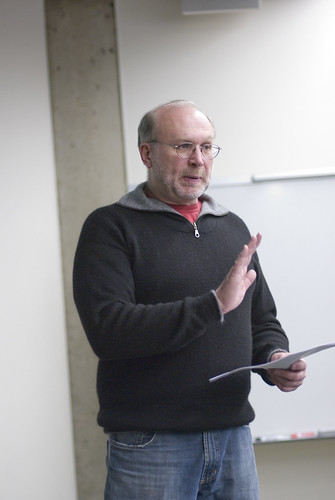
Dave Knowlton is an anthropologist that discussed the form of an "informed consent form". He said that is was putting a space between patient and researcher that could be damaging to research. He wanted to make it so that there is a feeling of equality between those being tested and tester. I think this is slightly idealistic because the tester must be an expert on the subject and must be treated as such. Maybe I think this because I am in my late teens and still respond to authority quite well. I think if there is little to no formality in research conducted this also could be damaging. Knowlton wants research to be more relational than contractual. The informed consent form creates a brick wall to the relational research that Knowlton thinks is optimal. Maybe medical studies and anthropological studies are so distant that medical studies should be more contractual because of legality, whereas anthropological studies are more observation and might not need informed consent forms. There is a problem in his want, because legalities need to be taken care of, especially in research. His want is almost idealistic in its criteria. Won't the casualness of research conducted alter results?
1 comment:
Thanks for your post Rachel. One thing that you might consider in evaluating David's speech is that anthropology is a radically different discipline from ones like biology or chemistry. Thus, research in the field is done differently. Data isn't accumulated and statistically crunched -- rather, the anthropologist uses her training to tease knowledge out of what she has experienced in working with the people and culture she is studying.
I think David's point is that IRB requirements don't take the anthropologist into consideration. What I particularly enjoyed about his presentation was his focus on the "theatre" of consent. We go through the motions of making sure our behinds are covered, but no real consent is given or even understood. I think he is trying to say that he would like to make this more honest.
Post a Comment